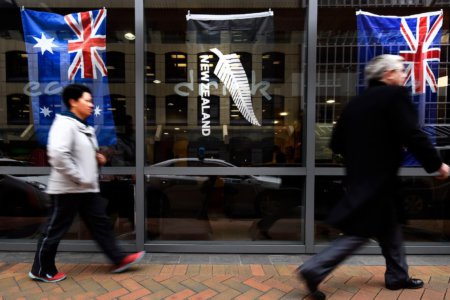
It takes more than academic know-how to succeed in a master’s programme. Having the right work experience can do wonders in your favour, and many postgraduate programmes do recommend that applicants chalk up some work experience before applying.
Financial Times notes that some programmes can be distinguished by pre-experience programmes and post-experience programmes. Pre-experience programmes are those aimed at students with little or no professional experience, while post-experience programmes require participants to have some work experience, usually in a specific area or field.
What programmes typically require work experience?
If you want to ensure that you thrive in a master’s programme and get the best returns on your investment, the right professional experience would help you apply the knowledge and experience gained from your master’s programmes. Below are just a handful of examples of programmes that might require you to have some work experience prior to applying:
Corporate communication
Corporate communication is essential in just about every business, especially those that transcend borders and cultures. Having some work experience in communications will help aspiring corporate communication master candidates decide which area of the business they are keen to specialise in to meet their professional goals. Erasmus University, for instance, offers the Executive Master of Science in Corporate Communication (MScCC) programme, a post-experience programme.
The best jobs you can get with a social sciences degreehttps://t.co/NPxPYJSIED pic.twitter.com/DW56mq0YUG
— Study International (@Study_INTNL) January 15, 2021
MBA
While some MBA programmes don’t require candidates to have work experience, many others typically require two to three years of professional experience. This helps to add context to what is being taught, and to build on students’ foundational skills and knowledge, and prepare them for leadership and management roles whereby theoretical knowledge can only do so much.
Typically, any full-time work completed upon completion of your undergraduate degree is useful when applying for an MBA. Northeastern University’s D’Amore-McKim School of Business, for instance, typically wants candidates with five years of professional experience to enter their online MBA programme.
Health sciences
A master’s in health sciences can prepare you for a career in international research or in executive or advisory positions in public health, clinical medicine, pharmaceutical research, or health policy, notes Erasmus University. It can also serve as a passport to more senior roles, be it within a clinical, academic, or research-based role, said the University of Southampton in a statement. Having an undergraduate degree in a related field, along with some practical experience, is essential as it not only adds context to what is being taught, but it can also help you cope with the demands of the programme and build on your current skill set, expand on your industry expertise and take your career to the next level.
Students will also find that having several years of work experience will be useful in programmes such as finance, law, and economics that can help with real-world application.










